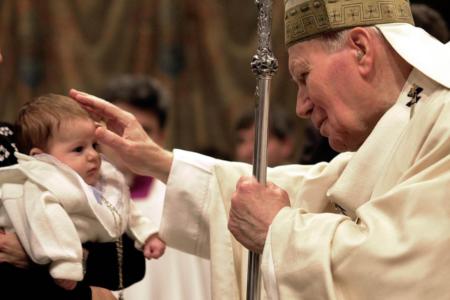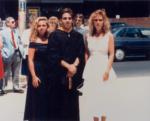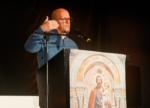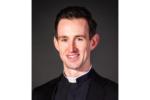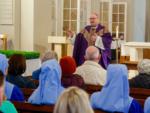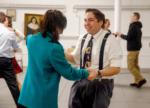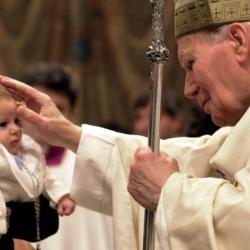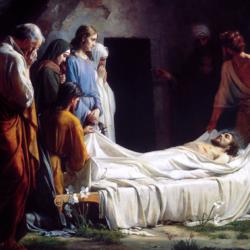Questions for discussion based on the 'lineamenta'
Following is the text of questions prepared by the Archdiocese of Boston to facilitate parish consultation for the upcoming 2015 Synod of Bishops on the family to be held in October 2015. Additional information on the consultation and the full text of the Vatican "lineamenta", or outline, for discussion is available at www.synod2015.org.
1. It is the teaching of the Catholic Church that the basic unit of society is the family, such that "The well-being of the person and of human and Christian society is intimately connected with the healthy state of the community of marriage and family." (Gaudium et spes 47). Promoting and supporting families is the remedy to fixing the ills of human society. Within the family, the individual best learns how to love and work faithfully with generosity and selflessness, and about sexuality open to life. The Lineamenta for the XIV Ordinary General Assembly of Bishops asserts this basic principle and yet recognizes that for many reasons there are wounded families that are not being supported to live as God intended them to. It asks, how can the Church promote healthy families and reach out to families in need? [See 2,13,17,23,46,61 of the Lineamenta]
2. The Synod document asks what is working in terms of programs and catechesis to help form our people in promoting families. It also asks what the Church should be doing in terms of catechesis, in terms of raising our children in the faith and reaching out to the neediest in society and supporting them by supporting families. "Proclaiming the Gospel of the Family is urgently needed in the work of evangelization. The Church has to carry this out with the tenderness of a mother and the clarity of a teacher."(29) How can the Church, here in this day and age better catechize and evangelize specifically with regard to the importance of families? [See 12,18,29,36,37,39,60]
3. The Synod document asks that we pay particular attention to engaging young people. How can the life-giving message of Jesus Christ and the importance of families compete with the many messages that our young people are receiving from society? How can the Church point to the dangers of an individualism above the family and the idea that one's own ideas are absolute rather than the teachings of the Gospel and of Jesus Christ. What can the Church do to break through to all generations with respect given to their values but also with a clear and attractive invitation to what the Church offers through Jesus Christ? [See 5,10,11,26,30,32,38,41]
4. The Synod document acknowledges that there exist alternative forms of committed relationships outside of marriage as defined by the Church; namely merely civil unions or couples living together without marriage. It urges great respect for people in these situations but at the same time it states, "When a union reaches a particular stability, legally recognized, characterized by deep affection and responsibility for children and showing an ability to overcome trials, these unions can offer occasions for guidance with an eye towards the eventual celebration of the Sacrament of Marriage."(27) "How can the Church help couples to recognize that God is calling them to see the value of his Grace in Marriage as the logical purpose or outcome of their existing relationship with each other?" [See 14,15,21,24,27,28,35,40, 41,42,43,47,57]
5. The Lineamenta raises the issue of the many divorced people among us. The document says that those who are divorced and not remarried give great witness to the Sacredness of Marriage and it urges mercy towards those who for whatever reason are in new relationships outside of Marriage in the Church. It asks if anything at all can be done within the theology of Marriage as defined by the Church to allow some or all in this situation to receive Holy Communion. At the same time it recognizes that there may not be a theological solution that can open the door to all people, but asks, how the Church still can be merciful to those in this situation by working on how Tribunals function and by promoting Spiritual Communion. [See 8,25,43,44,48,49,50,51,52]
6. The third Extraordinary General Assembly of the Synod of Bishops (October 2014) has raised the question of those in homosexual unions. The Synod urged great sensitivity and respect to those in these unions but stated that "there are absolutely no grounds for considering homosexual unions to be in any way similar or even remotely analogous to God's plan for marriage and family."(55) God's plan for marriage and family includes both a man and a woman whose conjugal relationship is open to life within the very act. How can the Church truly be sensitive and respectful to homosexual Catholics and non-Catholics yet speak about Marriage as something different and not analogous? [See 55,56]
